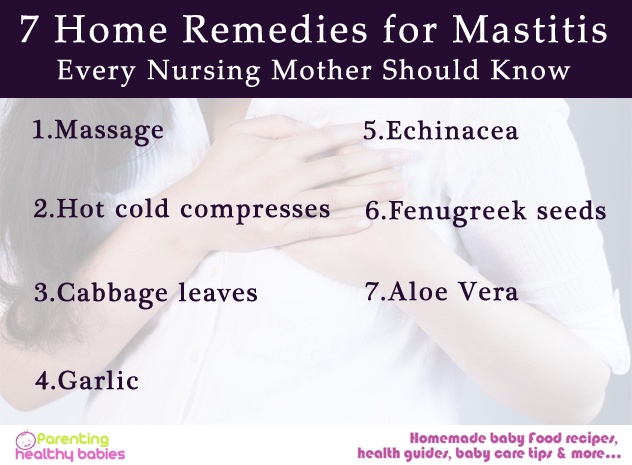Ever heard about inducing labour naturally? Tired of being pregnant? If you decide to induce labour, do a natural labour stimulant. Many women try to bring on labour naturally. Evening primrose oil (EPO) can be applied vaginally for the purpose of inducing labour.
According to a study, there are around 50% of pregnant women that attempt to get labour going themselves, compared to letting labour take it’s own course. Full term of pregnancy period is up to 42 weeks.
In this article:
What is Evening Primrose Oil?
How to Induce Labor?
Is it Safe?
Pros and Cons
Precautions for Induce Labour
Safe Ways to Induce Labour
A Guide for Evening Primrose Oil to Induce Labor
What is Evening Primrose Oil?
Evening primrose oil comes from the seeds of the evening primrose plant which contains linolenic acid, gamma linolenic acid and vitamin E. Over-the-counter EPO capsules are easily available at most pharmacies or vitamin and herbal remedy stores. It’s sometimes used in alternative therapies for a variety of health issues including neuropathy, premenstrual syndrome, menopause, and rheumatoid arthritis as well as to induce labour.
How to Induce Labor?
Evening primrose oil is considered an herbal supplement, is usually sold in capsules. It comes in capsules that can be taken orally or inserted directly into vaginally. Also, oil from the capsules is drained and rub it directly onto the cervix during the last days or weeks of pregnancy. While there is no standard dosage, it’s standard to take 500 to 2000 milligrams daily after the 38th week of pregnancy has begun. Always start EPO with very low doses. The oil is thought to help thin the cervix which can encourage it to dilate and jumpstart labour.
Is it Safe?
Studies haven’t been conducted to confirm whether evening primrose oil is safe to use during pregnancy to induce labour. And in some women, it might increase the risk for serious complications.
Supposedly EPO does not help to start labour, according to the latest findings. A randomized clinical trial published in the Journal of Obstetrics and Gynaecology found that evening primrose oil has no effect in cervical ripening or speeding up labour. In fact, some research has shown that EPO during pregnancy is tied to a longer, slower labour.
Pros and Cons
Like all herbal supplements, experts don’t fully understand the risks that EPO might pose to pregnant women. But few potential downsides have been see like –
- Slower labour with more interventions – taking EPO during pregnancy is tired to a longer active phase of labour as well as an increased need for the use of pitocin or vacuum extraction.
- Postpartum bleeding problems – EPO can have a blood-thinning effect which could make it harder for blood to clot. That could increase the risk for postpartum hemorrhage, especially among women with pregnancy conditions like placenta previa.
- Newborn bleeding problems – newborns of mothers taking EPO in the week before giving are at higher risk for bleeding into the skin or bruising.
- Stomach discomfort – some people find that taking EPO causes stomach aches, indigestion, nausea or loose stools.
There’s not much research supporting the benefits of taking EPO during pregnancy. But it has been tied to a few potential positives-
- Toning or preparing the uterus for labour – anecdotally, some claim that taking EPO during pregnancy can help strengthen the uterus for childbirth. But there’s no solid research to back this up.
- Inducing labour – some women say that taking EPO can help trigger labour. But again, there’s little evidence to support this.
- Reducing gestational diabetes symptoms – one small study found that taking EPO plus vitamin D during pregnancy helped reduce symptoms of gestational diabetes. But should be taken only if the doctor approves it.
- Breast feeding – there are no known negative effects on breastfeeding.
Precautions for Induce Labour
Always consult the doctor before attempting to induce labour. Do not try to induce labour before 40 weeks of pregnancy. Depending on medications currently taking, underlying conditions, or complications with the pregnancy, it may be dangerous to attempt to induce labour on their own.
There isn’t much scientific evidence to prove that taking EPO to induce labour is either safe or unsafe. Many women use EPO without incident, but an early study found that the oral intake of EPO could trigger delivery problems or complications.
Safe Ways to Induce Labour
There are other methods commonly used to help women naturally induce labour. These methods include –
- Exercising
- Sexual intercourse
- Eating spicy foods
- Raspberry leaf tea
Conclusion
Don’t take any supplements during pregnancy without consulting the doctor. EPO can be used to induce labour but there’s not much research to support its use and it could have some potentially harmful side effects.
References
- https://www.whattoexpect.com/pregnancy/labor-and-delivery/evening-primrose-oil/
- https://www.ncbi.nlm.nih.gov/pubmed/29426270













